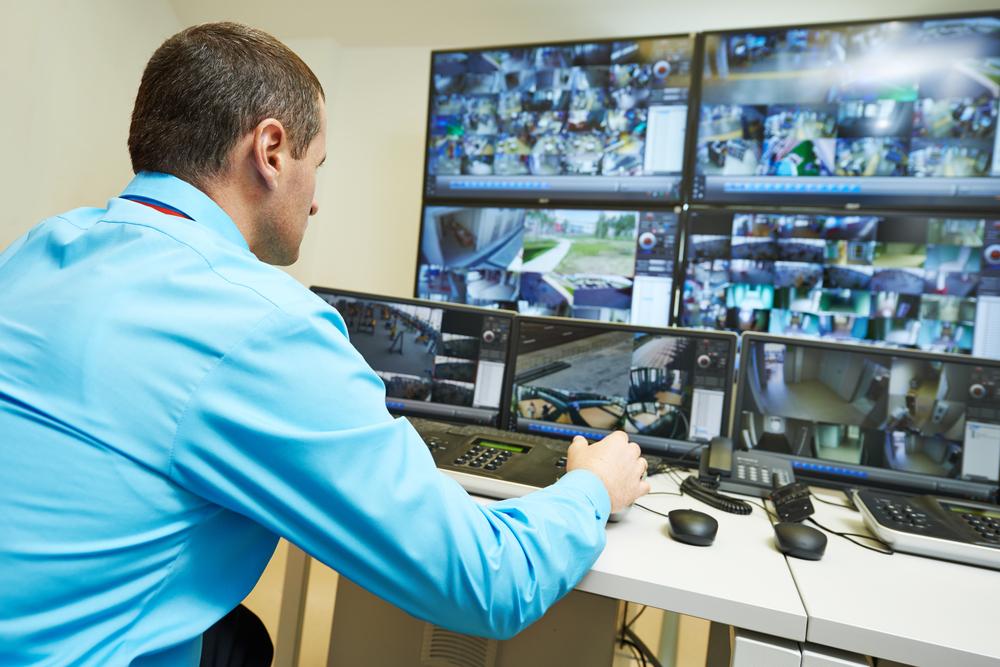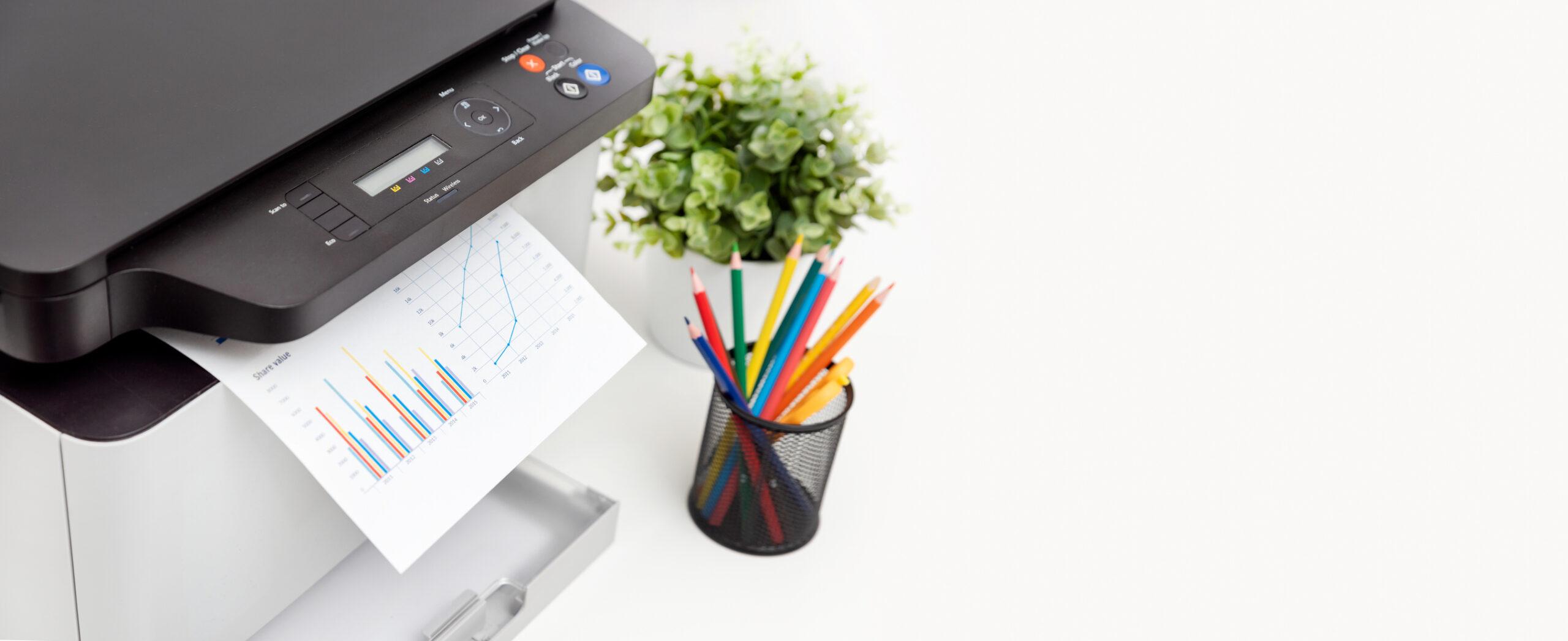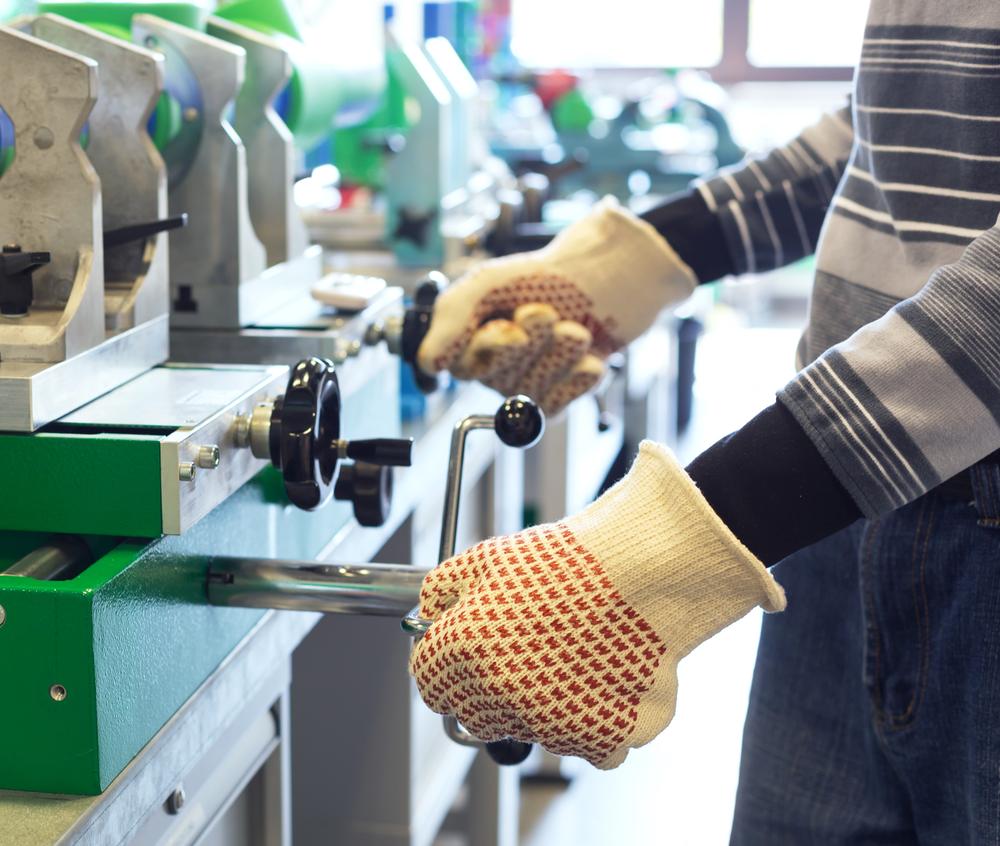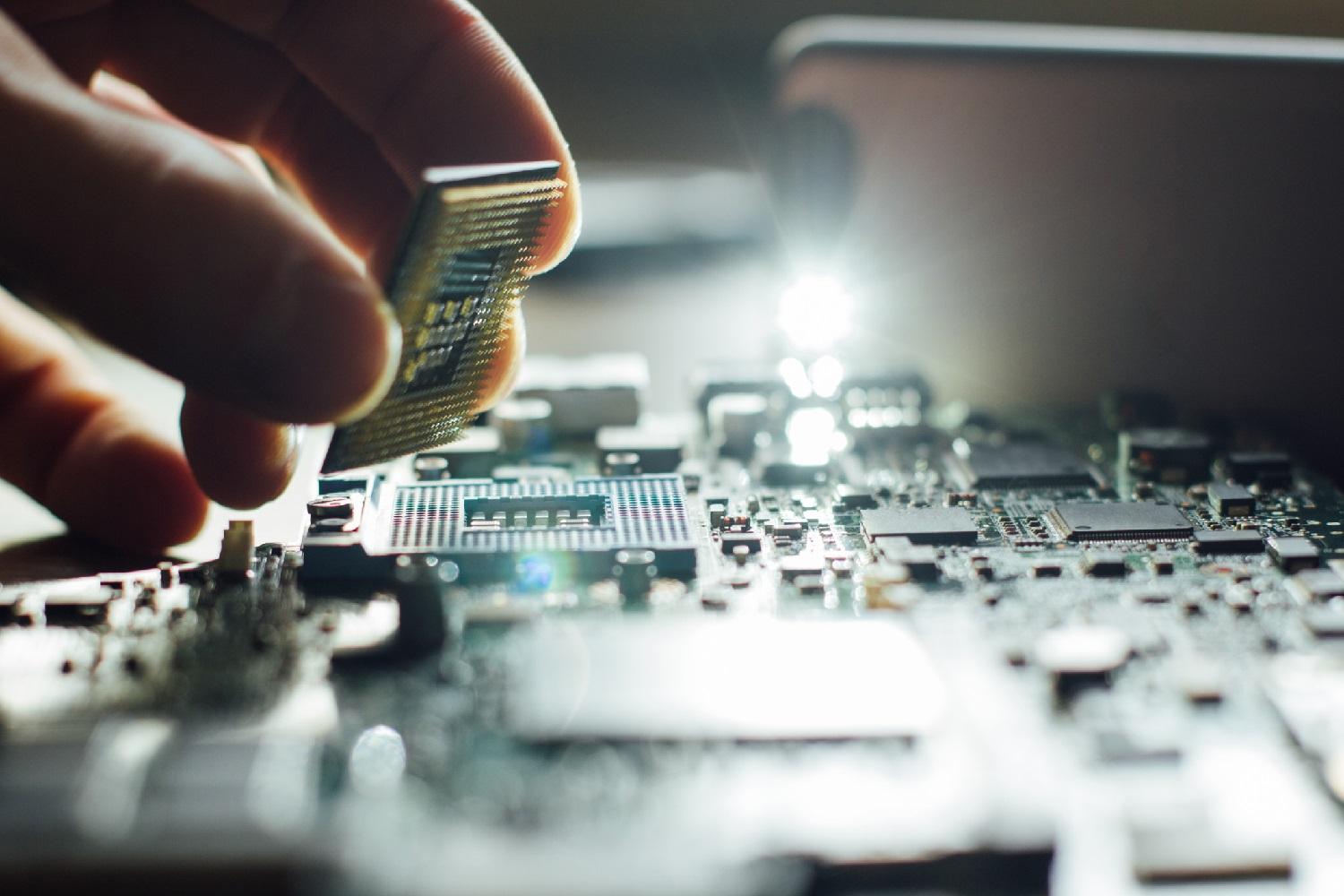MENU
Start
- Best Small Business Loans for 2024
- Businessloans.com Review
- Biz2Credit Review
- SBG Funding Review
- Rapid Finance Review
Our Recommendations
- 26 Great Business Ideas for Entrepreneurs
- Startup Costs: How Much Cash Will You Need?
- How to Get a Bank Loan for Your Small Business
- Articles of Incorporation: What New Business Owners Should Know
- How to Choose the Best Legal Structure for Your Business
Our Guides
- Business Ideas
- Business Plans
- Startup Basics
- Startup Funding
- Franchising
- Success Stories
- Entrepreneurs
Small Business Resources
Grow
- The Best Credit Card Processors of 2024
- Clover Credit Card Processing Review
- Merchant One Review
- Stax Review
Our Recommendations
- How to Conduct a Market Analysis for Your Business
- Local Marketing Strategies for Success
- Tips for Hiring a Marketing Company
- Benefits of CRM Systems
- 10 Employee Recruitment Strategies for Success
Our Guides
- Sales & Marketing
- Finances
- Your Team
- Technology
- Social Media
- Security
Small Business Resources
Lead
- Best Business Phone Systems of 2024
- The Best PEOs of 2024
- RingCentral Review
- Nextiva Review
- Ooma Review
Our Recommendations
- Guide to Developing a Training Program for New Employees
- How Does 401(k) Matching Work for Employers?
- Why You Need to Create a Fantastic Workplace Culture
- 16 Cool Job Perks That Keep Employees Happy
- 7 Project Management Styles
Our Guides
- Leadership
- Women in Business
- Managing
- Strategy
- Personal Growth
Small Business Resources
Find
- Best Accounting Software and Invoice Generators of 2024
- Best Payroll Services for 2024
- Best POS Systems for 2024
- Best CRM Software of 2024
- Best Call Centers and Answering Services for Busineses for 2024
Our Recommendations

Online only. Expires 4/27/2024
Business vs. Consumer Laptops: What You Need to Know

Table of Contents
If you’re in the market for a laptop for business use, you may wonder if there’s a real difference between devices marketed as “business laptops” and those sold as consumer products.
The coronavirus pandemic helped blur the lines between most modern workers’ jobs and personal lives, making laptop-buying decisions even murkier. As workplaces rapidly adopted remote work, laptop sales boomed. According to The Wall Street Journal, laptop sales increased 29% in the first year of the pandemic and remain consistent sellers.
If you’re an entrepreneur working from home, a professional who frequently travels, or managing a remote workforce, it’s essential to understand the ins and outs of the notebook computer you’re purchasing. We’ll explore the differences between business laptops and consumer laptops to help you buy the right device for your needs.
What is a business laptop?
A business laptop is designed and intended for company use. Manufacturers optimize business laptops for traveling and longer active periods than personal-use laptops.
Consequently, a business laptop will be more efficient in battery life, speed and power to keep up with a 40-hour workweek. Laptop battery life, speed and power are even more critical when supporting video conferencing demands as organizations pivot to newer technologies.
For insights on finding the right video conferencing service for your firm, read our in-depth reviews of the best video conferencing services.
Business vs. consumer laptops
Here are some of the primary differences between business laptops and consumer notebook computers:
1. Business laptops last longer.
When companies design consumer laptops, they assume buyers will want to upgrade frequently to stay on top of the latest trends. They also anticipate consumers are not as tough on their laptops as business users. Both ideas influence the way business and consumer laptops are built.
Business laptops are created for long-term, all-day usage. Because companies don’t want to constantly upgrade entire fleets of laptops, business designs don’t vary drastically from year to year. Consistent design makes it easier to maintain laptops over time, and features such as swappable batteries extend the overall life span of these devices.
Additionally, quality business machines are built to be durable: Many are resistant to water and dust, and built to withstand occasional drops and knocks. Consumer laptops are not intended to be used 40 hours a week for years on end.
2. Consumer laptops offer unique design features.
Business laptops have become more appealing, but there’s no denying that consumer laptops are much nicer to look at and handle than business computers.
Consumer laptops tend to have bright, glossy displays and keyboards. Historically, consumer laptops have offered more versatility thanks to roomy touchpads and 360-degree hinges.
While consumer laptops are flashier, business laptops are finally starting to catch up. You can buy business 2-in-1s – which include features from consumer laptops and tablets – from big names such as Dell and Lenovo.
The demand for attractive business devices isn’t going away anytime soon, but for now the most eye-catching designs belong to the consumer market. If purchasing a consumer laptop, ensure it’s comfortable to use all day long; glossy screens and shallow keyboards are OK for sporadic use, but they quickly grow tiresome.
3. Business laptops offer more configuration options.
Because leaders don’t typically purchase laptops one at a time, manufacturers design business laptop lines with diverse users in mind. Consequently, many business laptops offer various configuration options. While consumer laptops may provide some opportunity for custom specs – including additional storage or a high-quality display – they don’t come close to offering the custom options available for business machines.
Dell and Lenovo are undoubtedly the industry leaders in customization, allowing shoppers to select processors, batteries, and keyboard backlighting.
Online business laptop shoppers can sort results based on specs, which is helpful when buying in bulk.
4. Business laptops are built for security.
Biometric fingerprint scanners are practically standard for business laptops – even entry-level models – but they’re still relatively rare for consumer laptops. Business laptops are also typically built with software that makes managing and securing devices easier.
While these added functions give devices built for businesses an edge over consumer laptops, the security gap between business and consumer laptops is narrowing. As mobile device management via the cloud becomes more user-friendly and less expensive, it will be progressively easier for companies of all sizes to manage both business and consumer products simultaneously.
For now, you are better off sticking to business devices for your company. Business laptops often include antivirus software and optional security subscriptions, and many sellers offer tech support for smaller firms.
For a more in-depth breakdown of business laptop security, read our guide to purchasing a secure business laptop.
5. Consumer laptops include unnecessary software.
Business laptops have the advantage when it comes to pre-installed software because laptop manufacturers don’t want to aggravate leaders who buy in bulk. Most leaders avoid tying up their IT personnel with evaluating excessive software, and they realize you don’t want to hire technical support for noncritical purposes.
However, consumer laptops are loaded with pre-installed software, often unnecessary programs that end up being removed.
Price differences
With a business laptop’s increased battery life, speed and power, you’ll likely see a higher price tag. The price you’ll pay depends on the features and the model you choose. If you need a notebook computer with extra storage or bandwidth, the price will increase. If your business needs laptops that connect to the internet but don’t require storage, the price will lower.
But don’t assume an expensive laptop will meet all your business needs. Some consumer laptops – particularly those optimized for gaming – can be quite costly. It’s critical to evaluate the laptop’s features and functionality to ensure it’s a suitable tool for your company.
While affordable business laptop models are available, resist the urge to go cheap on business laptops and focus on long-term usage. In the end, paying more upfront for the right device can be a wise investment that will save you future stress and repair costs.
Work-related purchases, including business laptops, can be tax deductions. Save your receipts and talk to a licensed accountant to see if your laptop can be an itemized deduction.
Warranty and service agreements
business laptops are expected to work longer. While a consumer laptop may come with a one-year warranty, a business laptop may include a warranty up to three years. For example, HP business laptops come with three-year parts and three-year labor warranties.
Service options also vary between business and consumer laptops. Manufacturers often have separate service channels for business users.
Choosing a laptop for productivity
There are compelling reasons to consider business-specific laptops rather than consumer devices when purchasing laptops for your company. The most crucial factor is your team’s productivity: Whatever laptop will be most compatible with your workflows, easy for you all to use, and helpful in achieving your tasks is the right choice for your company.
Bassam Kaado contributed to the writing and research in this article.















